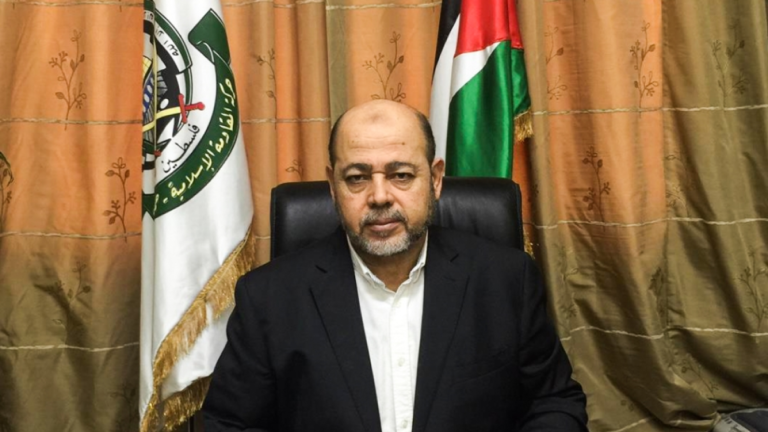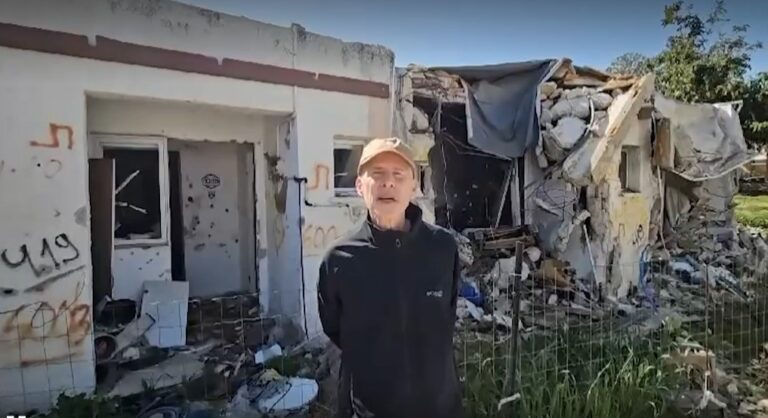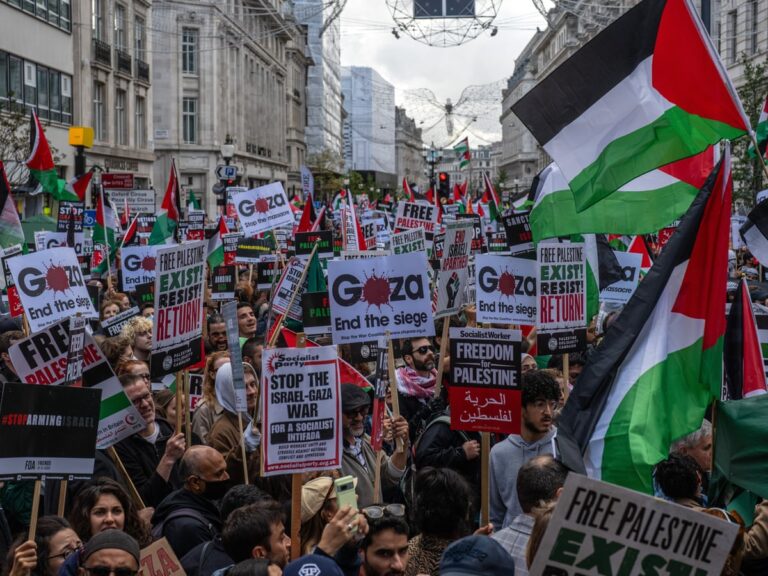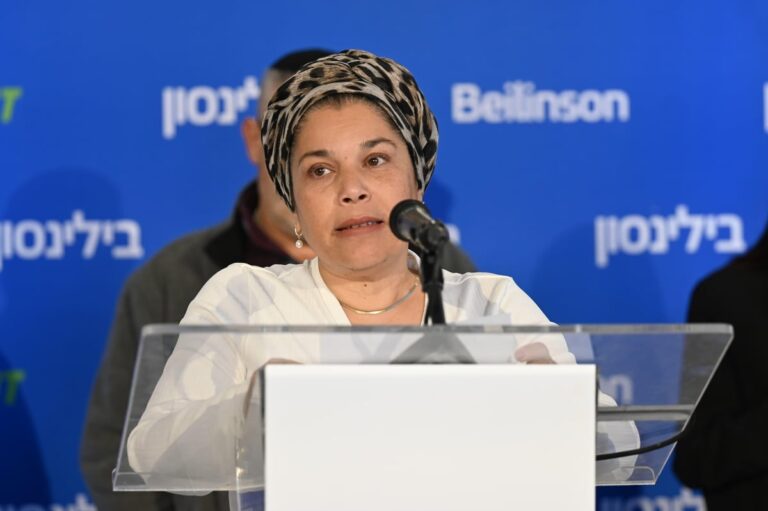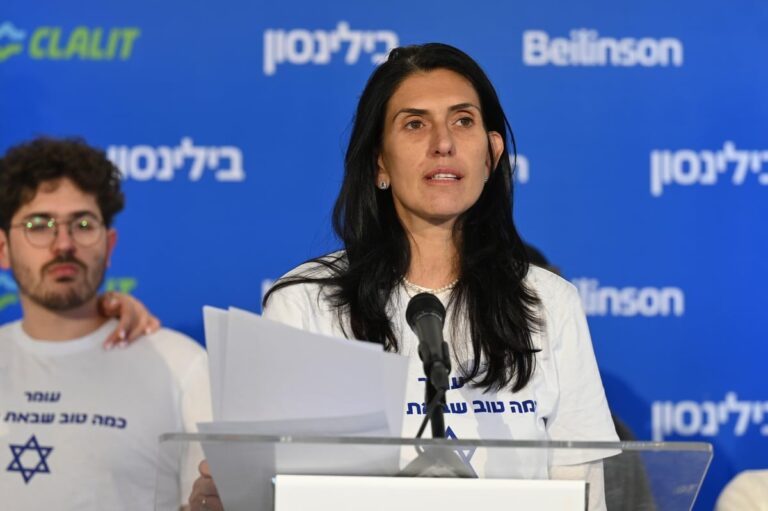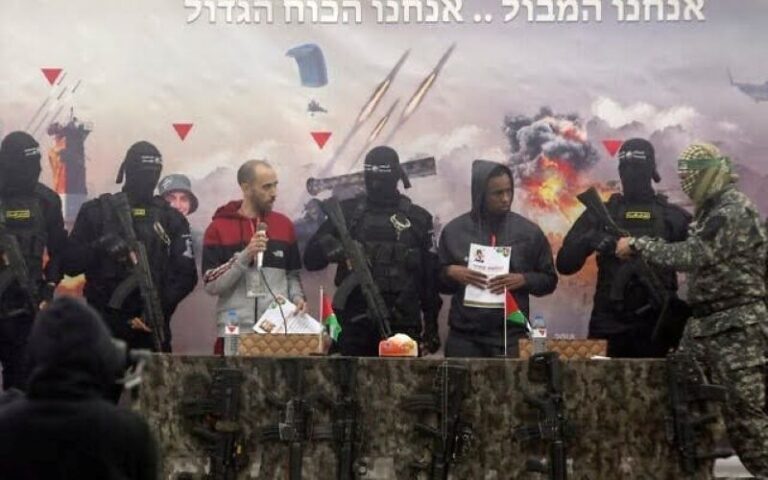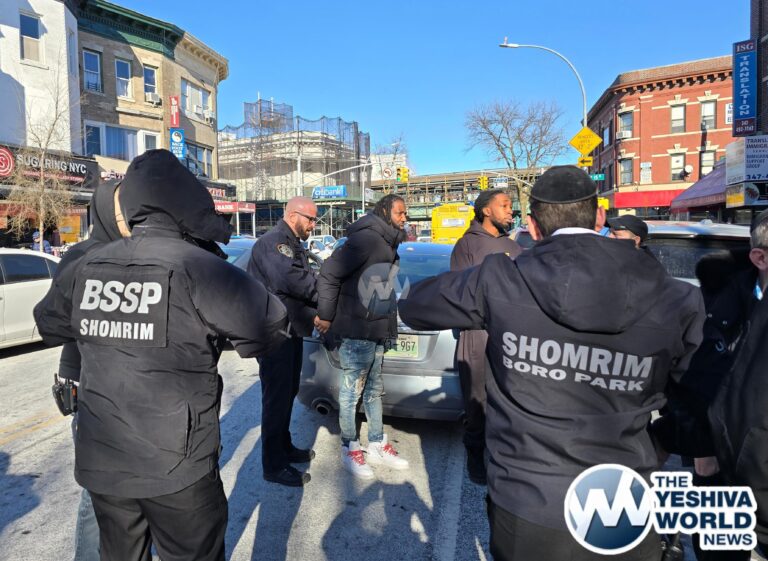 Egypt’s military-backed interim government on Wednesday declared the Muslim Brotherhood a terrorist group, criminalizing all its activities, its financing and even membership to the group from which the country’s ousted president hails.
Egypt’s military-backed interim government on Wednesday declared the Muslim Brotherhood a terrorist group, criminalizing all its activities, its financing and even membership to the group from which the country’s ousted president hails.
The announcement is aimed at crippling the Brotherhood and poses a dramatic escalation of the fight between the government and group, which has waged near-daily protests since the July 3 popularly backed military coup that toppled President Mohammed Morsi.
Hossam Eissa, the Minister of Higher Education, read out the Cabinet statement after long meeting. Eissa said that the decision was in response to Tuesday’s deadly bombing targeting a police headquarters in a Nile Delta city which killed 16 people and wounded more than 100. The Brotherhood has denied being responsible for Mansoura attack and an al-Qaida inspired group has claimed responsibility for the suicide bombing on Wednesday.
“Egypt was horrified from north to south by the hideous crime committed by the Muslim Brotherhood group,” Eissa said. “This was in context of dangerous escalation to violence against Egypt and Egyptians (and) a clear declaration by the Muslim Brotherhood group that it is still knows nothing but violence.”
“It’s not possible for Egypt the state nor Egypt the people to submit to the Muslim Brotherhood terrorism,” he added.
Eissa offered no evidence in his speech linking the Brotherhood to Tuesday’s attack.
The Brotherhood, founded in 1928, denounced violence in the late 1970s. Ibrahim Elsayed, a member of the Muslim Brotherhood’s political group, the Freedom and Justice Party, said the government announcement will have no impact on the work or the beliefs of the group, because it has seen repeated government repression and continued to exist with a moderate view of Islam.
“This decision is as if it never happened. It has no value for us and is only worth the paper it is written on,” he told The Associated Press. “It won’t impact us from near and far. Ideas won’t be impacted by false accusations. We uphold this call only for the sake of God.”
The declaration, Eissa said, means that those who “participate in the group’s activities, in the organization or promotion verbally or by writing or by any other means or financing its activities” will be facing punishment according to the law. He said that the government had notified other Arab countries about its decision. The Brotherhood has organizations and political parties in other nations in the region.
Ahmed el-Borai, the Minister of Social Solidarity, told reporters in a news conference that the decision means “all activities of the Muslim Brotherhood group are — banned including the demonstrations.” He said that members who abandon their membership and withdraw from the group “will be pardoned.”
The declaration also gives the armed forces and the police the right to enter universities and prevent protests, as “protection to the students,” el-Borai said.
The decision comes after a sweeping decision Tuesday aimed at draining the Brotherhood’s finances by freezing the funds of more than 1,000 non-government organizations with links to the group and putting more than 100 schools run by the group under government supervision. That directly attacks the grassroots strength of the Brotherhood, where it has much of its power in Egyptian life.
Rifaat Laqoushah, a political analyst, said that the government decision is “procedural” and that it could be overturned by the courts.
“The government should present strong evidence of the Muslim Brotherhood collaboration in terrorism and present it to courts in order to win a court ruling branding the group as a terrorist one,” Laqoushah said.
Earlier Wednesday, Ansar Beit al-Maqdis, or the Champions of Jerusalem, said in an online statement that it carried out the attack in Mansoura police headquarters attack Tuesday to avenge the “shedding of innocent Muslim blood” at the hands of Egypt’s “apostate regime” — a reference to the security forces’ crackdown on Islamists following the coup.
While the claim posted on a militant website could not be absolutely verified, it corresponded with previous messages issued by the group on the same forum. It identified the suicide bomber in Tuesday’s attack by the nickname Abu Mariam.
The explosion in Mansoura, 110 kilometers (70 miles) north of Cairo, was the deadliest bombing yet in a months-long wave of violence blamed on Islamic militants.
The blast was so powerful it collapsed an entire section and side wall of the five-floor building, incinerating dozens of cars outside and damaging several nearby buildings.
A security official said it appears the Mansoura bomber drove a pickup truck laden with explosives close to the police headquarters, then detonated it. The official, who spoke on condition of anonymity because he was not authorized to discuss the investigation with journalists, said that Cairo airport authorities arrested a Brotherhood member late Tuesday on suspicion that he was linked to the attack.
The suspect — identified as 22-year-old Adel Younis Rashid who runs a computer shop in Mansoura — was taken into custody as he was trying to fly to Turkey with his mother and a friend, the official said.
The suspect is the son of a leading Brotherhood member and former lawmaker from Mansoura, the official said, adding that authorities have confiscated Rashid’s computers and telephones.
Ansar Beit al-Maqdis has emerged as the main Sinai-based militant group staging attacks against Egyptian security forces. The group has claimed most major attacks in the Sinai and Suez Canal-area cities in recent months, as well as a failed attempt to assassinate the country’s interior minister in September.
On Monday, Ansar Beit al-Maqdis issued a message threatening more attacks against Egyptian troops, saying it considers them to be infidels because they answer to the secular-leaning government.
(AP)

